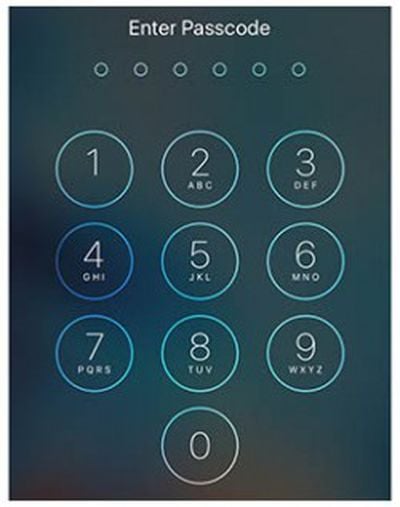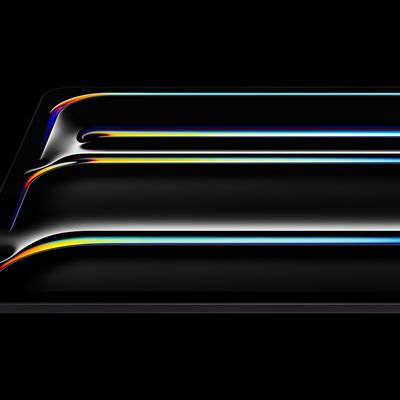 The U.S. Justice Department yesterday appealed a New York federal judge's refusal to force Apple to help investigators unlock the iPhone of a suspected Brooklyn drug dealer.
The U.S. Justice Department yesterday appealed a New York federal judge's refusal to force Apple to help investigators unlock the iPhone of a suspected Brooklyn drug dealer.
Last week, magistrate Judge James Orenstein ruled that the FBI lacked the legal authority to force Apple to bypass the iPhone's passcode, and that the prosecution's use of the 1789 All Writs Act was an unconstitutional overreach.
On Monday, Reuters reported that prosecutors are now hoping to overturn the ruling and yesterday's filing to the court of U.S. District Judge Margo Brodie is the official first step in such an appeal.
"In light of the debate that has recently come to surround this issue, it is worth briefly noting what this case is not about," the Justice Department's court filing said. "Apple is not being asked to do anything it does not currently have the capability to do."
All of Apple’s pre-iOS 8 operating systems allowed for extracting data from a passcode-locked device. Apple has used that capability dozens of times, in response to lawful court orders like the one sought here, with no claim that doing so put customer data or privacy in harm’s way.
Apple may perform the passcode-bypass in its own lab, using its own technicians, just as it always has, without revealing to the government how it did so. Therefore, granting the application will not affect the technological security of any Apple iPhone nor hand the government a 'master key'.
The All Writs Act is the same act that the agency has revived to order Apple to unlock the iPhone at the center of the San Bernardino shooter case, which Apple has requested to be vacated. However, the device in the California investigation is an iPhone 5c running iOS 8, which Apple cannot unlock without creating special software. In contrast, the New York case involves an iPhone 5s running iOS 7.
As noted in the filing, Apple has complied with cases involving iPhones running iOS 7 and earlier versions of the software, partly because the company is able to retrieve data from such devices without having to unlock them. But in a statement Monday evening, Apple made clear its specific issue with the FBI's invocation of the All Writs Act, and reiterated its belief that misuse of the Act, passed in its current form more than 100 years ago, threatens public privacy.
Judge Orenstein ruled the FBI's request would 'thoroughly undermine fundamental principles of the Constitution' and we agree. We share the Judge's concern that misuse of the All Writs Act would start us down a slippery slope that threatens everyone's safety and privacy.
Apple CEO Tim Cook believes that use of the All Writs Act signals a disregard for established legal procedures and that any ruling should come from Congress, while Apple has repeatedly warned that forcing it to create software that could unlock devices running iOS 8 and later would set a dangerous precedent.
Apple's opposition to the order that would require it to help the FBI break into the San Bernardino shooter's iPhone will face off against the government in court on March 22.
Note: Due to the political nature of the discussion regarding this topic, the discussion thread is located in our Politics, Religion, Social Issues forum. All forum members and site visitors are welcome to read and follow the thread, but posting is limited to forum members with at least 100 posts.


























